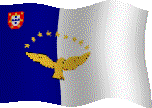



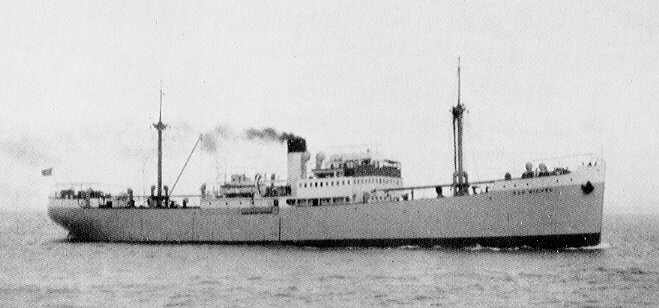
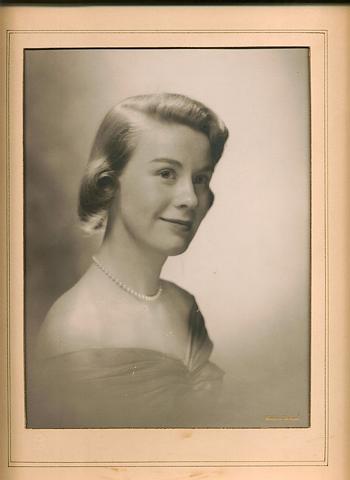
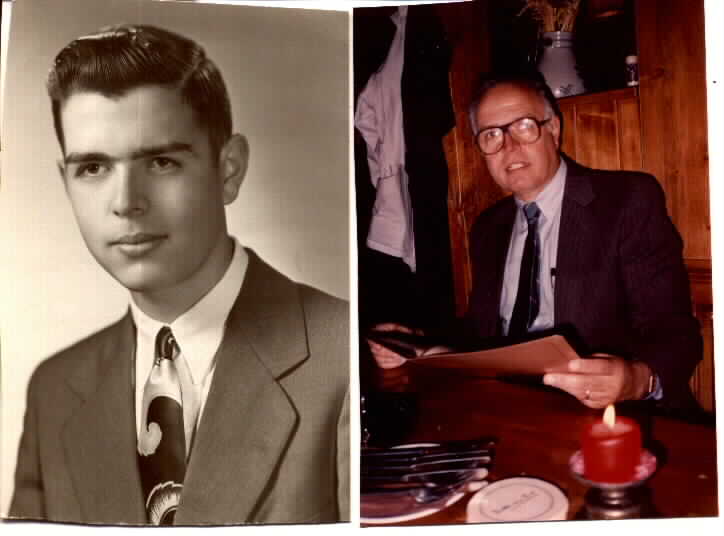

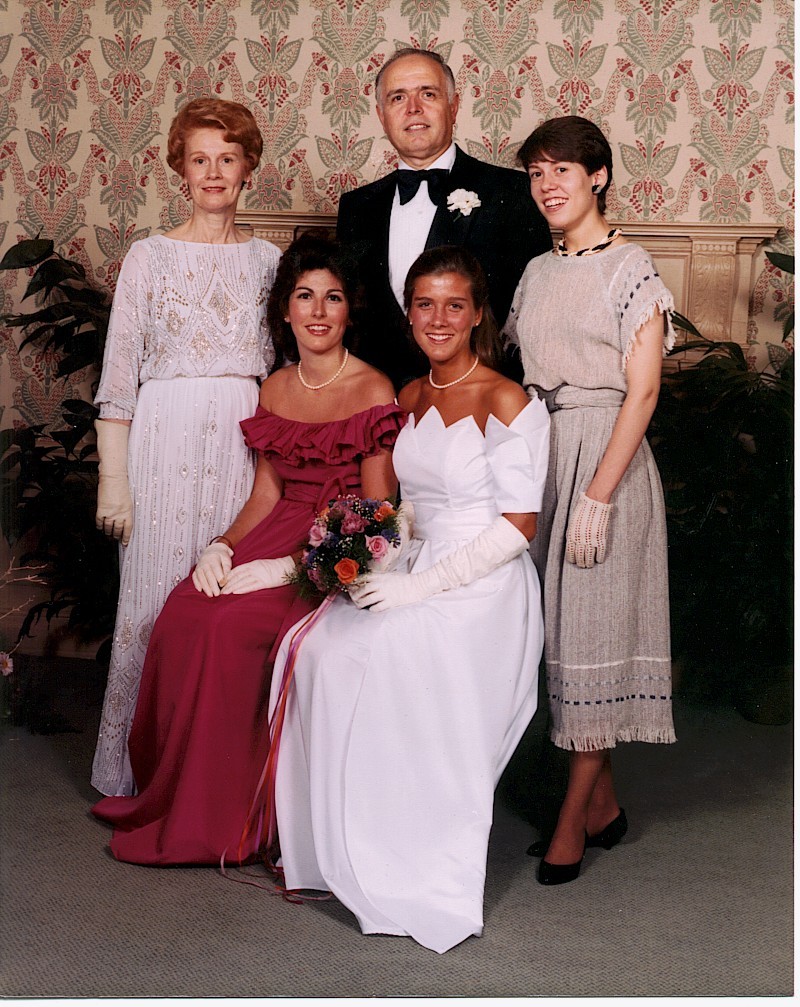
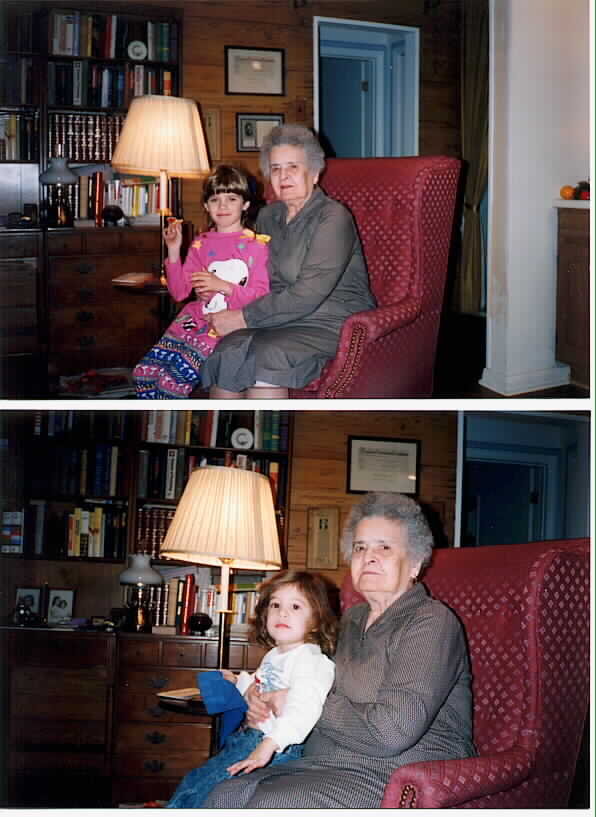
It's worthless to claim
you know neiher the country, nor
the language, or
That you're only someone who made it
through Customs in
The usual passage, while engrossed
in Temple Fielding, as the guide
diverted you to a mountain,
a lake, a sea,
a view from anywhere,
or while from Hiltonian Intercontinental
Palaces of plastic and glass
you tried to know of Generals
braided in medallions,
adorned in slogans,
blessed y banal clerics,
as politicos in platformed pretensions and
published pulp of woven words
selling suntan lotion to Blacks,
hide themselves in their voices.
Look therefore for those who
from across the miles came
dancing the rhythms of Labor -
Dance with them, Gringo!. Dance!
Dance with the working people!
And you'll speak. Truly.
CLICK

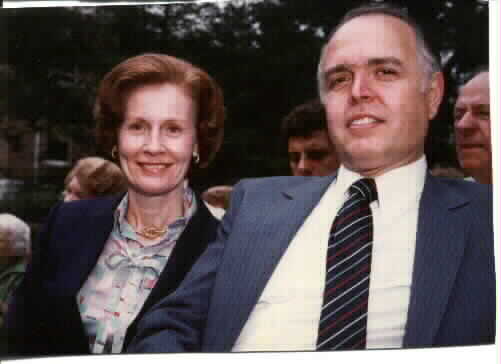
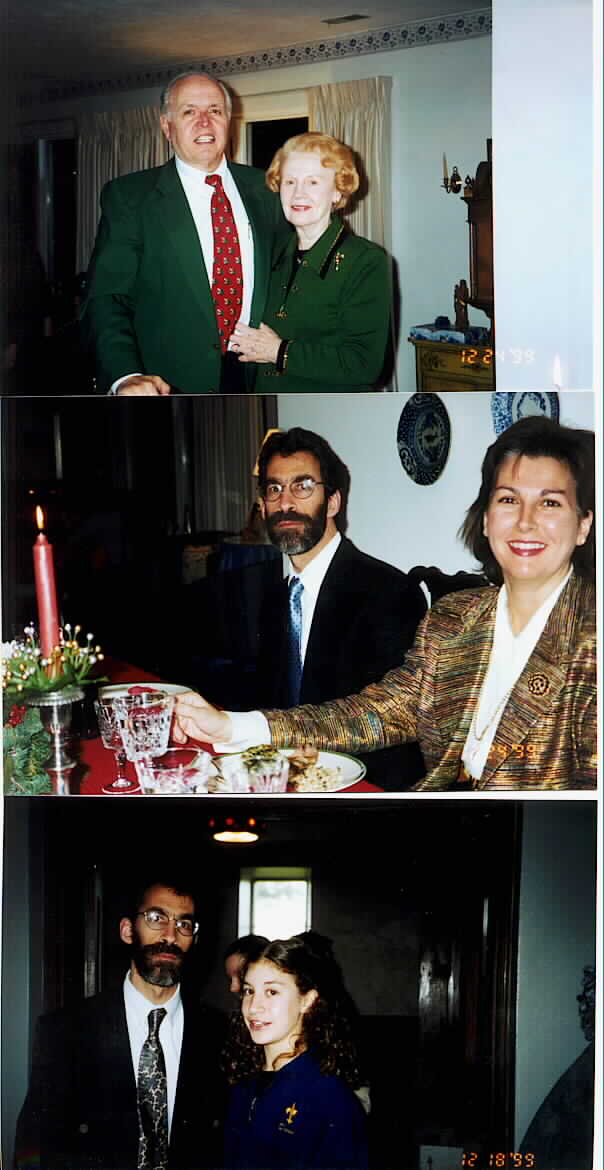
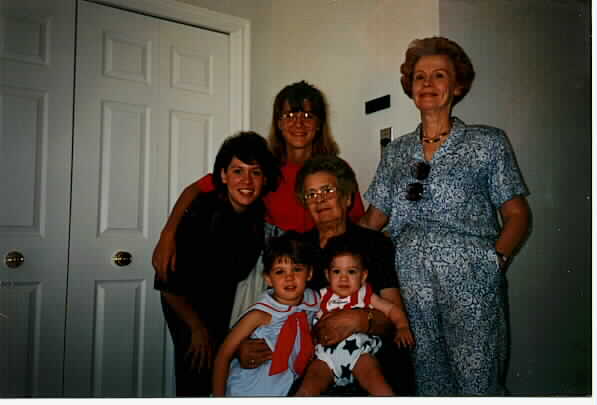
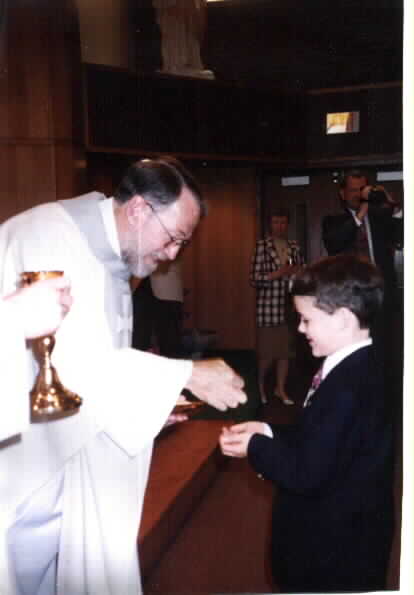


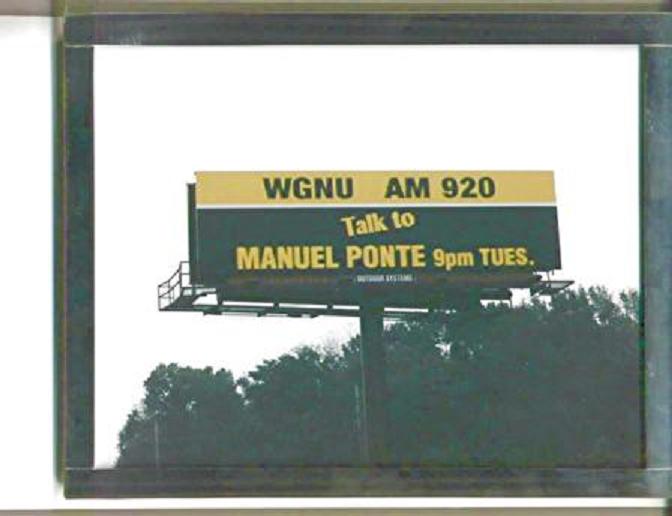
The second photo (left, beslow) shows Kathy holding on to me as a young Portuguese had just come out of the Christ Monument on the south bank of the Tagus River and volunteered to take our photo. The 25th of April Bridge, as well as Lisbon in the distance, are behind us.
The third photo (below, left) was shot by Kathy at Cascais, Portugal. Although it was October, a group of German tourists had decided to go down to the beach while another group stayed on the higher ground watching them, or the scenery. It turned out to be an expensive sight for us. While I stood watching, and Kathy looked through the lenses, the aroma of charcoal broiled sardines nearby wafted through the air, forcing me to abandon the idea that I would not have lunch that day. The sardines, by the way were marvellous - as they usual are in October in Portugal. The photos on the right were shot by Jane and edited by me upon our return fom the Azores. All three are from Saint Michael's Island.
* KILLING_AZOREAN_NOSTALGIA (CLICK)
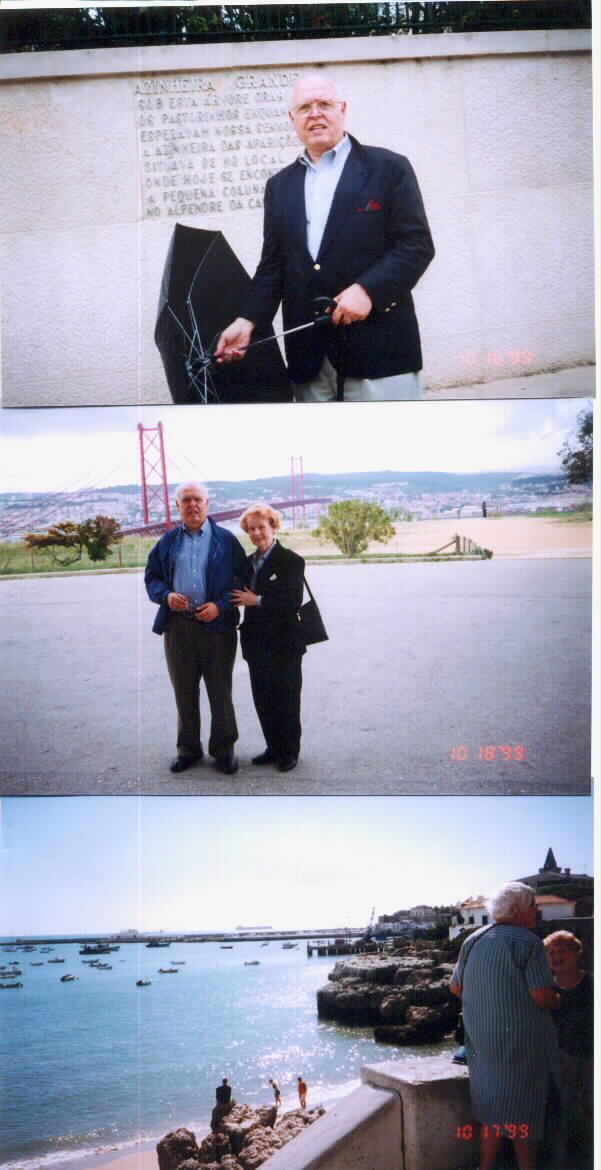
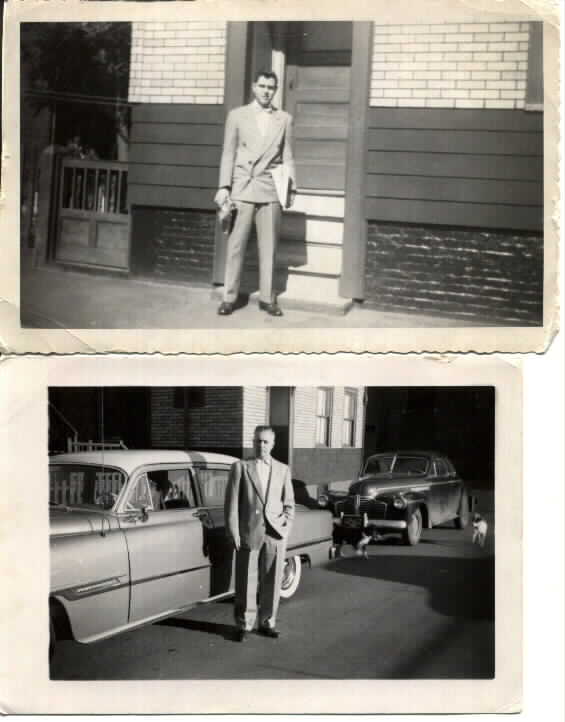
There was a time when I'd come home to 3 E. J. Lopez Avenue, Cambridge, when, before entering, I'd look back wisfully at the street behind, sort of hoping that perhaps there was something I'd left which I could have done before going in. Frankly, part of my problem was basically loneliness. I came to this country at too early an age when I could not quite fit into American or Azorean-working-class cultures. On the top photo, for example, I'm holding a Boston newspaper. Ironic as it may seem, whatever views may have emanated from its editorials were something that I could not openly discuss with my parents. Theirs were views from another culture where, as long as one had a job, and there was peace on earth, life could - and should - be predictable. Years earlier, for example, I remember having mentioned to my parents a comment some newspaper writer had made about the Boston Red Sox. Before I could finish my explanation, my father desperately said that he had failed in life, for his son seemed to have no values, except for baseball. If only you knew,my mother said, the despair one puts up with at work.
I never managed to finish my comment.
In spite of those drawbacks, my parents's lives were still somewhat more advanced than the lives of many other people with whom they dealt daily. Nevertheless, those dealings often had what one could describe as a negative effect on my own life. I remember, for example, when, at a Santo Cristo Feast held on Portland Street (Now Cardinal Medeiros Avenue) my walking away as the Christ Icon was being transported publicly from one point to another in front of St. Anthony's Church. At the time, and from a distance, a group of women friends of my family sat in a car watching the procedings as I walked by. One of them called me over and asked why I was walking away from the activities. When I told her I had something to do elsewhere she criticized me strongly pointing out that, if it were not for what I considered an advanced education, I would surely have stayed behind with the rest of the crowd watching. To the lady, as well as to the others in the car, my not staying behind was unreasonable as if my life were determined by what others considered proper. Your arrogance, the lady further commented, is unpardonable. If I were your mother, I would most certainly slap your face for what you are.
I was 22 at the time.
On the other hand, my Azorean upbringing was nevertheless a minus when it came with dealing with many Americans. In high school, for example, I couldn't quite belong to the peer-oriented society. I had a devil of a time with Cambridge Irish American boys, many of whom were products of dysfunctional family environments amongst whom the sense of honor was a foreign concept. They never paid me back any money they had borrowed from me in whatever emergencies they had. Later, as a successful adult in a large corporation, I eventually learned that, unless I had a witness to an event, that particular event never happened - particularly if it reflected badly on the person willing to deny it and organizationally powerful enough to get away; by denying his, or her, misdeed. In short, one had to have a collateral for everything. I had been brought up to believe that honor was the greatest collateral - something sadly lacking in many American success stories. Ironically, although I speak Portuguese and English relatively well, I am unable to translate, or understand, the word Whistleblower as it applies to those in America who get punished for revealing the truth about the misdeeds of those who shouldn't have done what they did. My confusion from living in that mixed environment was such that often I even contemplated suicide just to free myself. At age 48, in fact, I even resigned from a successful job simply because I could not stand the practice any longer before I could lose my life to it altogether, or, in rage, kill someone..
It's strange, really, how life's values change - if only one gives life a chance. Whereas in the previous passage of my life I described almost being driven to suicide, particularly by the lack of integrity I found amongst some colleagues at work who hid themselves and their incompetence in a sort of ;gang tackling; as a saving device for themselves, I should find happiness just by being with my grandchildren where work, or news events, no longer mattered in my life. Above, in photos at Harbor Springs, Michigan, a part of America that should make the country rightly proud of what it has accomplished as a country, my wife and my grandchildren, Addison and Whitney Corcoran, help me show the world how rich I have become, even if their surroundings are rented propreties in which their parents made Kathy and me their guests.
CLICK
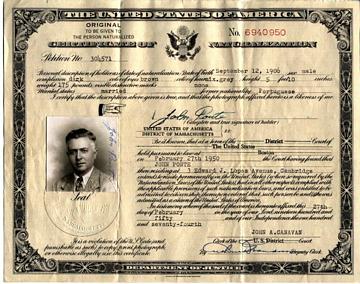
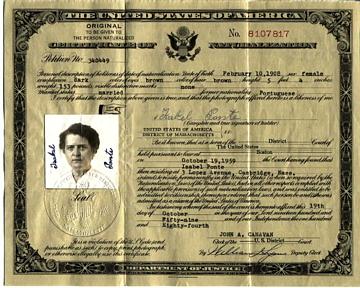

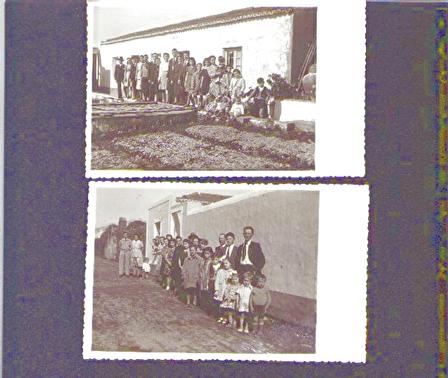
I stand in the background (lower photo) with my mother, wearing a newly-made outfit modeled on the Eisenhower style which, at the time with equated luxury amongst those who had enough money to pay for a tailor. Not that we had money, mind you. My mother and I would soon depart for America, and I just could not come into my new country as an immigrant from the countryside comparable to those seen in the painting, THE EMIGRANTS, appearing on the section of this presentation which can be found by clicking on: CLICK
It's also interesting to note that, of the people shown on both pictures, most died outside the island - either in the U. S., or Canada. The house itself was razed a few years back. In its place there is now a school.